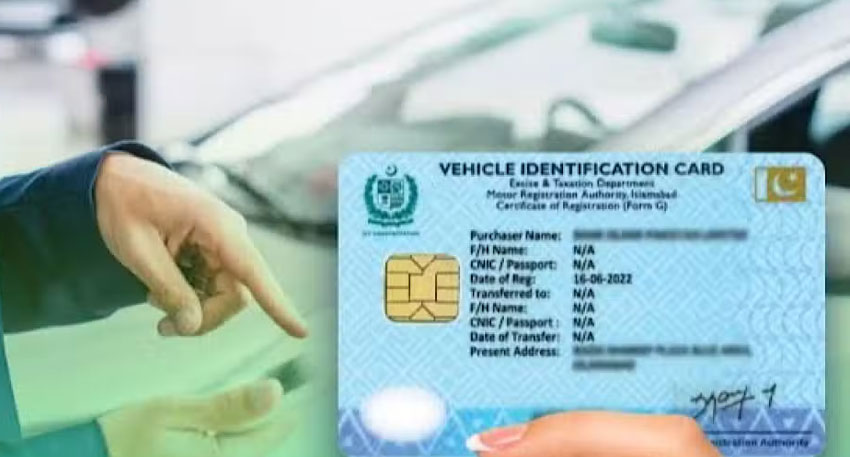
The Khyber Pakhtunkhwa government has rolled out a new vehicle registration and number plate system modeled after the federal framework, with the goal of tightening security, curbing the misuse of vehicles in criminal activities, and providing citizens with greater convenience. The initiative, which came into effect immediately, is set to be fully enforced after November 30, 2025, allowing vehicle owners sufficient time to adjust to the updated regulations.
A key feature of the system is that all registration numbers and number plates will now be linked directly to the owner’s Computerized National Identity Card (CNIC) instead of the vehicle’s chassis number. Authorities say this change will ensure better accountability, making it significantly easier for law enforcement agencies to trace vehicles involved in unlawful activities. By tying registrations to individuals rather than machines, the government hopes to enhance traceability and reduce cases where unregistered or misused vehicles are involved in crimes.
The provincial Excise, Taxation, and Narcotics Control Department has also issued new guidelines to accompany the policy. Under the law, anyone purchasing a vehicle will be required to transfer ownership to their name within three months. Likewise, individuals selling their vehicles must ensure that the official transfer is completed in the buyer’s name without delay. Officials emphasized that leaving ownership untransferred has been one of the major loopholes exploited in the past, which this reform intends to close.
When a car is sold under the new policy, the seller’s CNIC-linked registration copy or smart card will automatically be deactivated, though it will remain in their possession until the registration is reassigned to the buyer. This step is designed to prevent cases where old documents are misused or where sellers continue to be held liable for vehicles no longer in their control.
Another important change relates to the retention and transfer of number plates. Vehicle owners will be permitted to keep their existing registration number and transfer it to a newly purchased vehicle if they choose. Deactivated numbers can be retained for up to three years, provided the owner completes an annual biometric verification. If the number is not reassigned within this period, it will be permanently cancelled. In such cases, the registration copy, smart card, and number plates will have to be returned to the registering authority.
Officials said the overhaul aims to streamline the ownership and transfer process for the public while closing security gaps. By ensuring that vehicles are tied to individuals through CNIC verification, the system is expected to simplify transactions, reduce disputes, and create a stronger digital record of ownership. Furthermore, the policy reflects broader government efforts to modernize public services and incorporate digital infrastructure for more transparent, accountable, and citizen-friendly governance.
Also Read: Pakistan confirms first monkeypox case in Lahore
Citizens are being urged to comply with the new regulations before the November 30 deadline. Authorities have also indicated that awareness campaigns will be launched to guide vehicle owners through the transition process.




